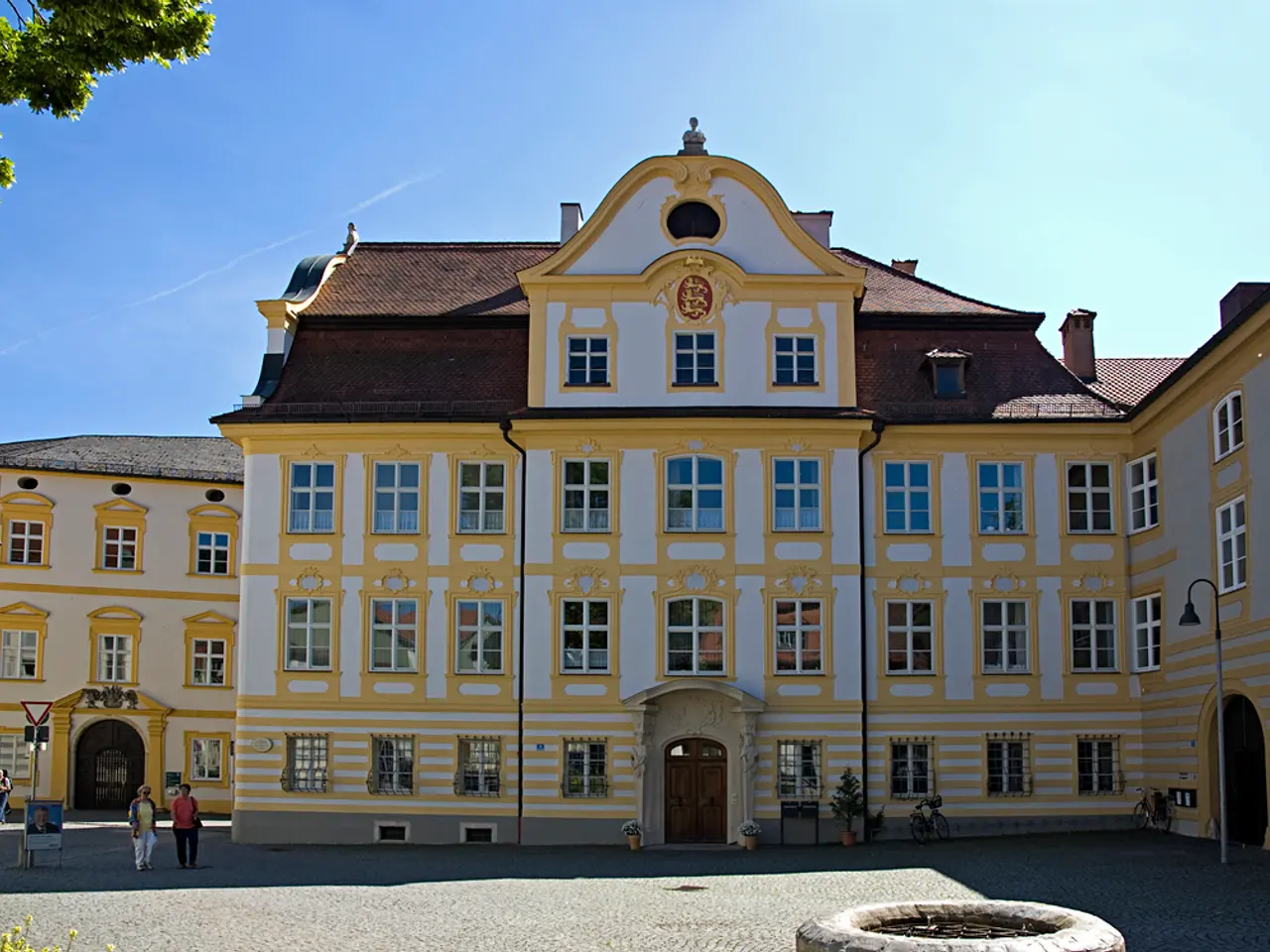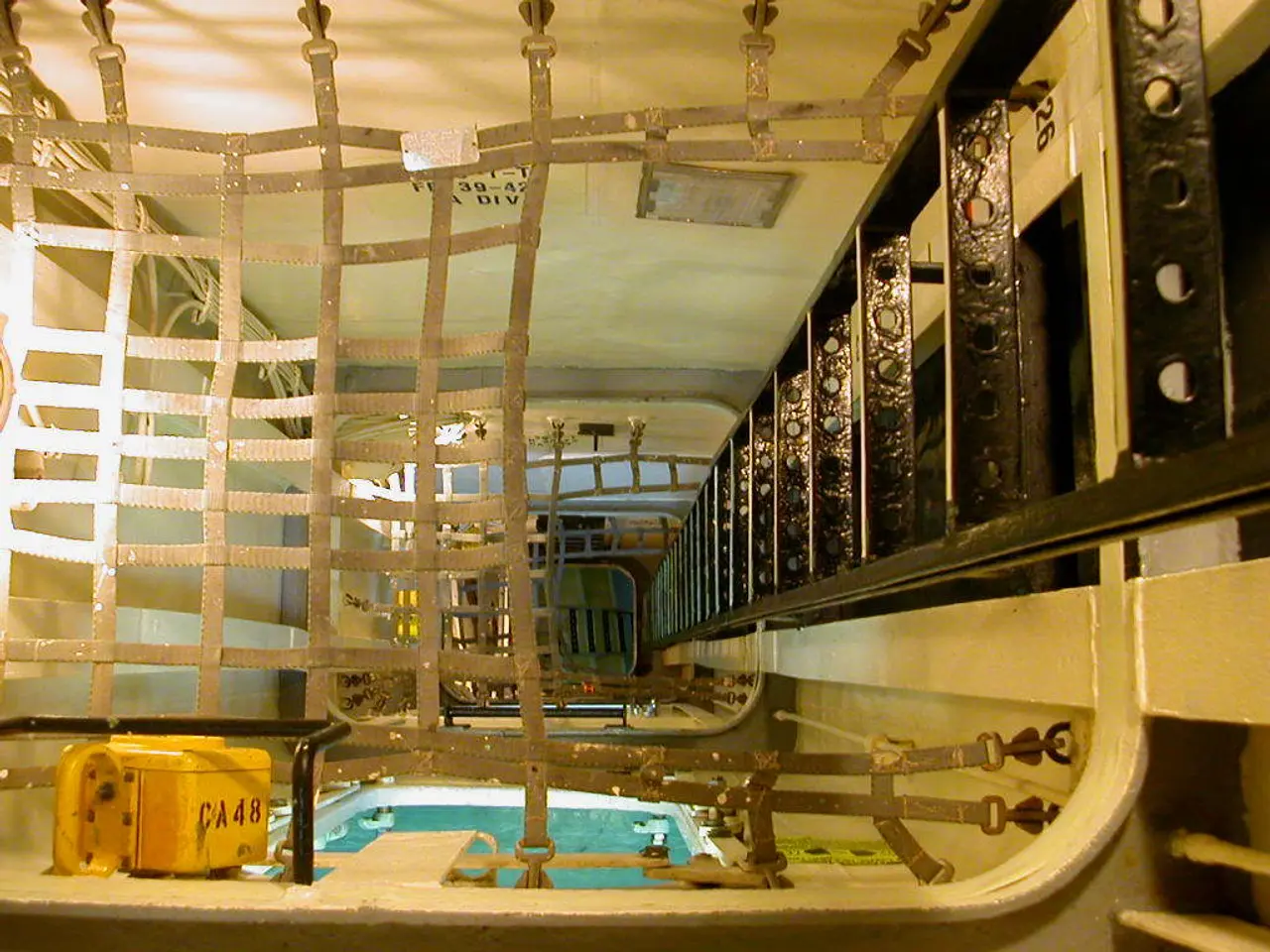Evaluating the Monetary Significance of Historic Landmarks and Cultural Attractions
The UK government has taken a significant step forward in understanding and quantifying the economic value of cultural and heritage institutions, with the introduction of the Cultural and Heritage Capital (CHC) Framework by the Department for Culture, Media and Sport (DCMS). This groundbreaking methodology connects cultural value to Treasury investment decisions, allowing cultural assets to be presented in terms that are familiar across government departments.
The CHC Framework emphasizes the value of cultural assets in terms of their stocks (existing cultural resources), flows (new cultural activities), and services (experiences and benefits provided by these assets). It also integrates with Green Book methods, the UK Government's guidance on how to evaluate the benefits and costs of public spending decisions, ensuring that cultural investments can be assessed using established cost-benefit analysis tools.
The framework has the potential to enhance recognition of culture as growth infrastructure, though challenges remain in presenting a unified sector-wide strategy to secure long-term investment and funding. Organizations like Culture Commons are working to further develop frameworks for measuring cultural and heritage capitals, collaborating with entities like Historic England and the Department for Culture, Media and Sport to update investment principles.
Research conducted by various entities, such as Historic England, the British Film Institute (BFI), and Simetrica-Jacobs for DCMS and the BFI, has demonstrated the positive value to society of investing in maintaining local heritage sites and cultural institutions. For instance, people value a visit to a regional gallery at an average of over £5, and keeping their local theatre in their city at over £13 per year.
The research conducted by these organizations also allows cultural and heritage institutions to better demonstrate the financial value they create for society. The BFI's 'Britain on Film' portal, for example, is valued by its users at over £3 per month.
Arts Council England has also published a guidance note to support the cultural sector in understanding and applying economic values into decision-making, funding calls, and cost-benefit analysis. This move is expected to help bridge existing gaps in the evidence base, such as the value of visiting free museums, local historic buildings, and cultural services such as theatres and film archives.
In conclusion, the CHC Framework offers a robust approach to understanding and quantifying the economic value of cultural and heritage institutions in the UK. By providing policymakers with a structured approach to assess the economic contributions of these sectors, it can inform funding decisions and support for the cultural and heritage sectors, ultimately leading to a more informed and strategic approach to investing in our cultural assets.
- The Cultural and Heritage Capital (CHC) Framework, introduced by the Department for Culture, Media and Sport (DCMS), aims to connect cultural value with Treasury investment decisions.
- This framework categorizes cultural assets under stocks, flows, and services, offering a comprehensive analysis of their economic value.
- The CHC Framework aligns with Green Book methods, employing established cost-benefit analysis tools to appraise cultural investments.
- To overcome challenges in presenting a unified strategy, organizations like Culture Commons are collaborating with entities like Historic England and DCMS to refine frameworks for measuring cultural and heritage capitals.
- Research conducted by Historic England, the British Film Institute (BFI), and Simetrica-Jacobs shows that society values investments in local heritage sites and cultural institutions highly, with people valuing a regional gallery visit at over £5 and their local theatre at over £13 per year.
- The BFI's 'Britain on Film' portal, for instance, is valued by its users at over £3 per month, demonstrating the financial worth of these institutions.
- Arts Council England's guidance note aims to help the cultural sector better demonstrate the financial value they create for society, bridging gaps in the evidence base for cultural services like museums, historic buildings, and theatres.
- With the CHC Framework's structured approach to assessing the economic contributions of cultural and heritage sectors, policymakers can make informed decisions about funding and support, leading to a more strategic approach to investing in our cultural assets, and consequently, contributing to the general news and politics surrounding the creative industries, education, and policy-and-legislation.







